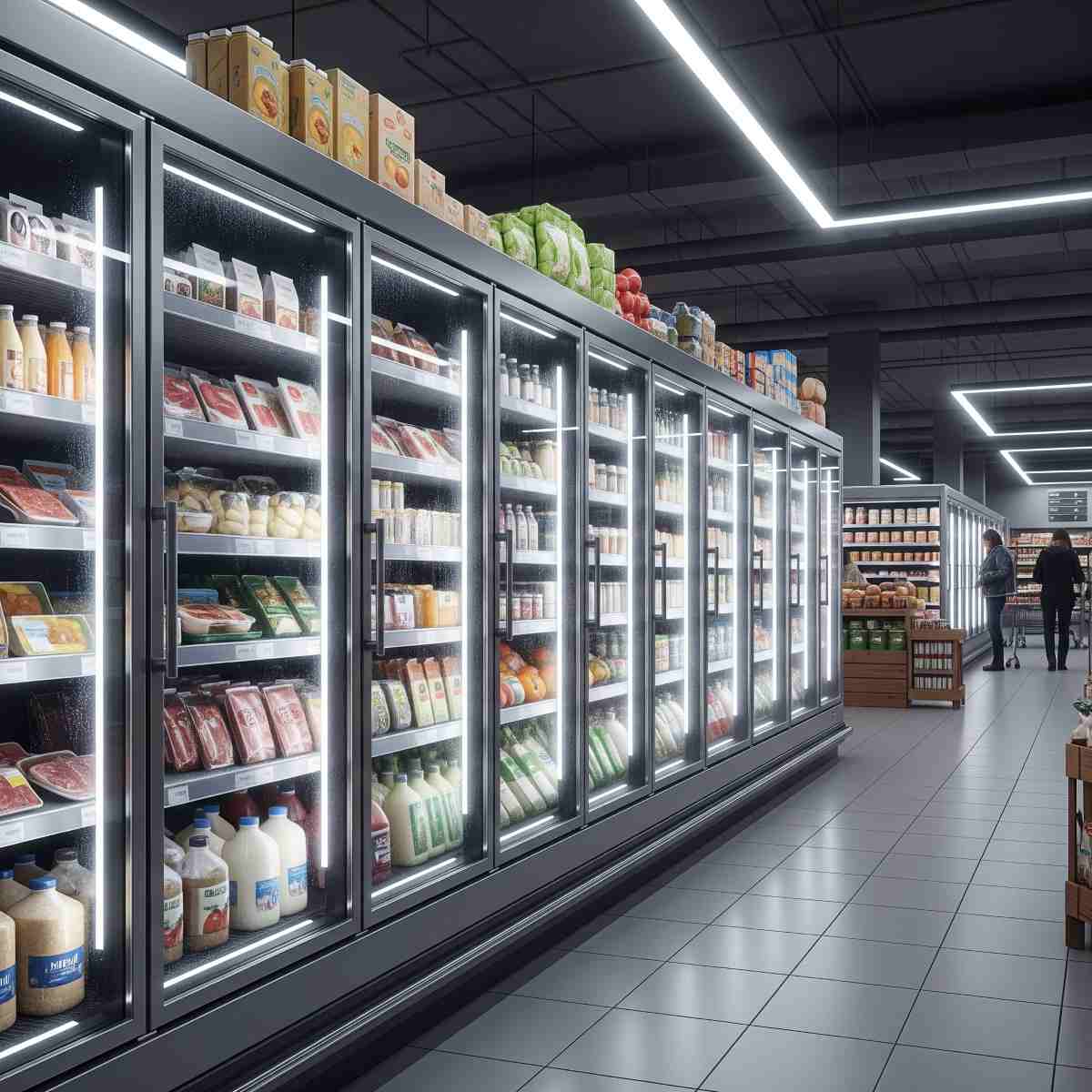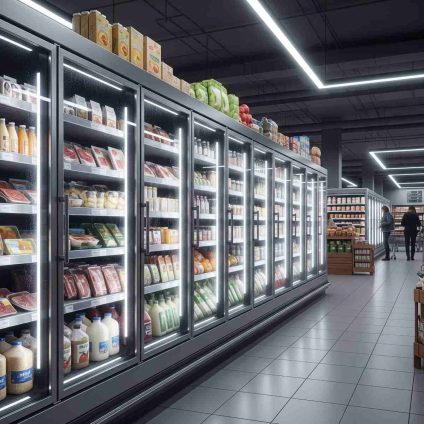The European Commission launches four calls for evidence on ecodesign and labeling for home and direct-sales refrigeration appliances, aiming to improve sustainability and performance

The European Commission has announced the launch of four calls for evidence concerning the update of ecodesign and energy labeling requirements for refrigerators, both for household use and direct sales applications. These consultations mark the first formal step toward revising existing regulations, with the goal of aligning them with recent technological advancements and the principles outlined in the new Ecodesign for Sustainable Products Regulation (ESPR).
Download the full call for evidence text here.
Ecodesign and labeling, new standards on the horizon for refrigerators and freezers
The consultations are open to manufacturers, stakeholders, and citizens, and will remain accessible until June 22. The feedback gathered will guide a public consultation expected by the end of the year, with the adoption of new rules planned for 2026. The targeted appliances include household refrigerators and freezers, as well as commercial units used for direct food sales, like refrigerated display cases in grocery stores and supermarkets.
Focus on durability, repairability, and recyclability
The regulatory review goes beyond energy efficiency. The goal is to expand the scope of ecodesign to include sustainability criteria across the entire product lifecycle. This includes evaluating the introduction of requirements related to durability, reliability, repairability, and recyclability, with a broader view of the environmental impact of household appliances.
Integration with solar power and smart grids
These updates reflect a larger transformation of Europe’s energy system. The next generation of ecodesign standards will also need to accommodate the growing presence of residential solar power. Designing appliances that can interact with solar generation, adapting their operation to peak production times, would help reduce waste, improve grid stability, and optimize the use of self-generated electricity.
In this context, remote interruption capabilities and the ability of appliances to adjust their performance based on energy availability will become central features of advanced smart home systems. Alongside these technologies, the mandatory introduction of dynamic electricity tariffs across member states will be essential to help citizens adapt consumption in real time, reduce energy costs, and encourage demand-side flexibility.












